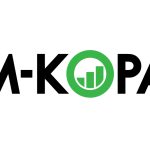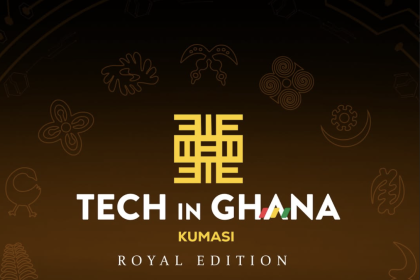In Ghana, there has been a growing need for robust consumer protection as technology opens up avenues of commerce on the internet. Although there are protections for consumers across different sectors including communications (National Communications Authority) and food (Food and Drugs Authority), there is a need to put together a holistic consumer protection agency.
The call for a government-backed consumer protection agency is not just a matter of regulatory formality but a crucial step towards safeguarding the rights and welfare of consumers, especially online.
Fragmented Regulatory Framework
Currently, Ghana’s consumer protection framework is fragmented, with various pieces of legislation and common law protections scattered across different sectors.
Consumers have to rely on various statutes and Common Law principles to address consumer protection issues.
This dispersion of regulations creates a complex landscape where consumers often find themselves navigating a labyrinth of laws without clear guidance or support.
The Case for Consolidation
In the United States, the primary agency responsible for consumer protection is the Federal Trade Commission (FTC).
The FTC’s Bureau of Consumer Protection focuses on stopping unfair, deceptive, and fraudulent business practices through various means including collecting reports from consumers and conducting investigations into companies and individuals that violate the law.

Ghana could replicate the FTC with its own centralized consumer protection agency that would streamline the enforcement of consumer rights, providing a singular point of reference for both consumers and businesses.
It would serve as an authoritative body to address issues ranging from product safety to unfair trade practices, ensuring consistency and efficiency in the application of consumer laws.
Enhancing Consumer Confidence
The establishment of a dedicated agency would also play a pivotal role in enhancing consumer confidence. By actively safeguarding the interests of consumers and addressing deficiencies in market conduct regulations, such an agency could rejuvenate confidence in financial intermediaries and promote responsible financial practices.
Supporting Economic Growth
Consumer protection is not merely about dispute resolution; it is intrinsically linked to economic growth. A government-backed agency would contribute to creating a fair marketplace, which is fundamental for attracting investment, fostering innovation, and promoting sustainable economic development.
Aligning with International Standards
With the African Continental Free Trade Area (AfCFTA) coming into force and Ghana hosting its secretariat, aligning consumer protection laws with international standards has become more critical than ever.
A government-backed agency would ensure that Ghana’s consumer protection efforts are on par with global best practices, thereby enhancing the country’s competitiveness.
Conclusion
The creation of a government-backed consumer protection agency in Ghana is not just a regulatory necessity but a strategic move toward building a resilient and consumer-friendly economy. It would serve as a beacon of trust and reliability, ensuring that the rights of consumers are upheld and that the market operates within a framework of fairness and transparency.
As Ghana continues to grow and integrate into the global economy, the establishment of such an agency becomes imperative to protect the interests of its consumers and to foster a healthy, competitive market environment.
Catch up on news and other tidbits on our WhatsApp Community Page, Twitter/X, and subscribe to our weekly newsletter to ensure you don’t miss out on any news.










